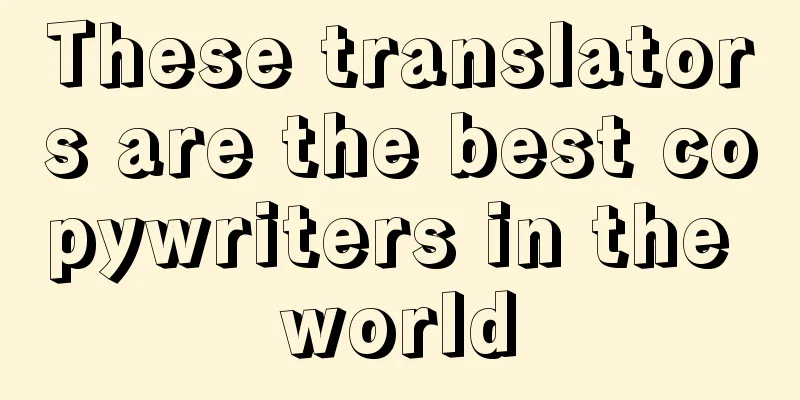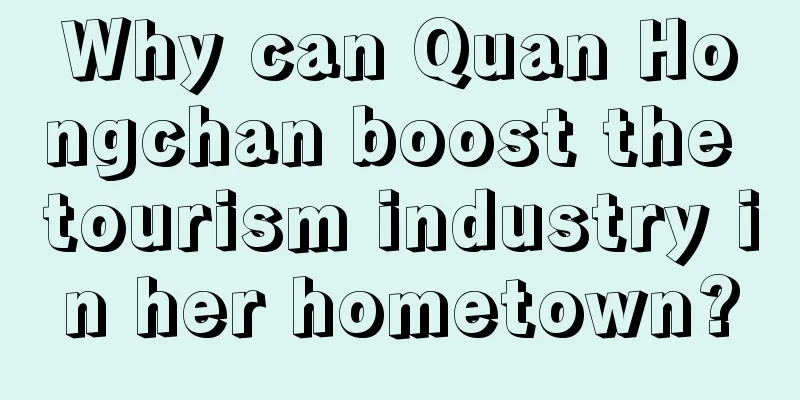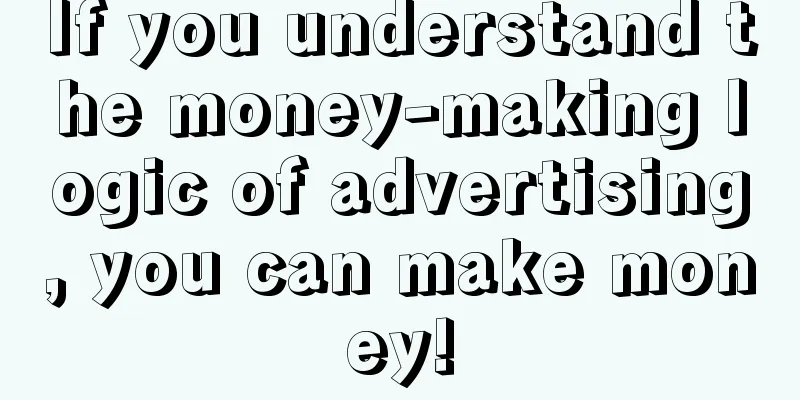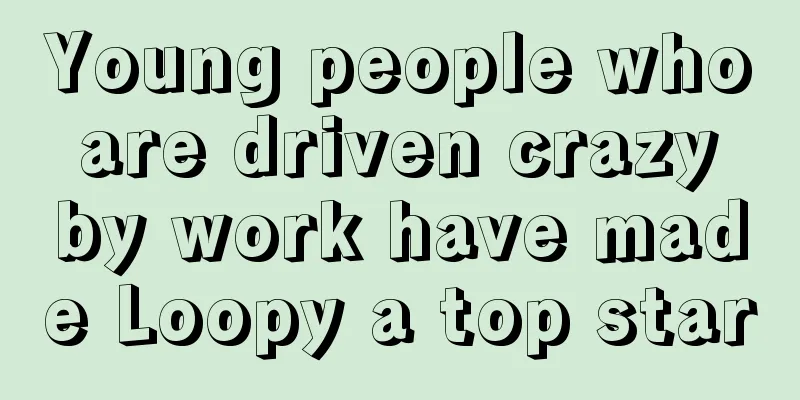These translators are the best copywriters in the world

01Singapore, 1990. Neil French was struggling with copywriting at Mitsubishi Motors. In his opinion, this model is a bit lackluster, slow, and a bit boring, with almost no special selling points. Neil French, now known as the "God of Copywriting", was the vice president of BALL Advertising in Singapore at the time. Although he would be fired a year later, he is still the creative face of the company. Finally, on a starless night, Neil French had an idea and marked the IT and IS in Mitsubishi's English name "MITSUBISHI" in red. So it became "IT IS MITSUBISHI", which means "This is Mitsubishi" in Chinese, a clever word game. He was very satisfied, but the task was not over yet. At that time in Singapore, the office language was English, but 3/4 of the population was Chinese, so the advertising copy was promoted in both Chinese and English. After seeing this copy, the company's translators all thought it was a great idea, and then said it was impossible to translate... At this moment, a name came to Neil French's mind: Peter Soh, also known as Su Qiuping. At that time, Su Qiuping was a freelancer, charging S$1,000 per day (exchange rate is about 1:5 to RMB) for translating Chinese into English. Neil French found Su Qiuping and asked, "Young man, can you do it?" Su Qiuping: "It's no problem." Then for the next three days, Su Qiuping was busy with the toilet and there was no progress on the copywriting. Just when he was about to surrender, in his words, "his ancestors hit him with a stroke of genius." He arranged the two characters "三菱" vertically, putting "独" on the first stroke of "三" and "无" on the second stroke, so it became "独一无二三菱", which means "MITSUBISHI The One and Only" in English. He showed it to Neil French, and Neil French laughed. This Chinese version of the advertisement won many awards and was the only Chinese advertising work to win international awards that year. 02Ogilvy & Mather Hong Kong, 1993. Deng Zhixiang's office. The light in the room was dim. Deng Zhixiang curled up his legs and sat on the chair with his back to the desk. He is interviewing copywriters. Sitting across the table was a young man in his early 20s, wearing a suit and tie. The interview process lasted for two hours, or to be more precise, the young man listened for two hours as Deng Zhixiang, in a very low voice, taught him the correct attitude towards advertising. Many years later, Deng Zhixiang told him that he hated creative people wearing suits the most, and if they wanted to wear suits, they should go to the "suit department" (client department)! Naturally, he failed the interview. This young man's name is Lin Yongqiang. As a result, a month later, Deng Zhixiang's apprentice Zeng Jincheng was promoted to deputy creative director at Ogilvy and needed to hire a copywriter. Lin Yongqiang received an interview call again. This time, Lin Yongqiang changed into a T-shirt and jeans. Zeng Jincheng read the novels he wrote and the comics he drew, and a few days later he started working at Ogilvy. At first, my daily work was to translate foreign texts and write some product catalogs, which was not very creative. But Zeng Jincheng is the opposite. Every time he receives a translation job, he not only does it carefully, but even adds his own creativity to the original work, which is often better than the original English work. One day, a foreign creative deputy director asked Lin Yongqiang to translate the copy for them. The work was a poster for Vaseline body lotion, and the copy was very conventional.
He thought it was just another routine job, but he suddenly remembered what his boss said, so he asked himself how he could make it better. So that night he thought of three sets of graphic ideas and sketched them himself in pencil. The next day, he nervously showed the translation and creative ideas to the foreigner, who liked them very much and shared them with other foreign copywriters and art directors. The final proposal went very smoothly. The client bought one of the sets on the spot and is about to use it. It is this poster of yours. Translation by Lin Yongqiang:
Lin Yongqiang used the song "Special Love for Special You" which was popular in Hong Kong in the 1990s, and explained what "special care" means in a way that Hong Kong people can understand and are most familiar with. The advertising image is also unique, using a women's wine glass in a row of men's wine glasses to metaphorically represent the special care for women. One month after the work was published, Lin Yongqiang won the first advertising award in his life. It was the best poster of the month organized by subway advertising media company JC Decaux (the world's number one outdoor media company), and only one of them is awarded each month. This is not an advertising award, but it made Lin Yongqiang realize that he was capable of doing advertising creation besides translation. Later, Lin Yongqiang became the executive creative director of BBDO Greater China, a veteran 4A advertising company. He also brought out Jiang Pan (founder of Yile Advertising), Hou Yimo (executive creative director of Shengjia Advertising), Ding Hezhen (founder of Not Only Advertising), and Ma Tulan (chief creative officer of Shanghai BBDO), who are now active in the domestic front-line advertising industry. 032006, Beijing. One winter morning, 24-year-old Dong Dongqiang came to Ogilvy for an interview with his script for Liulizhuang Radio Station. Sitting opposite him was Lin Guizhi, executive creative director of Ogilvy Beijing. Lin Guizhi only asked him three questions in total:
In the same year that Deng Zhixiang interviewed Lin Yongqiang, Deng Zhixiang’s most proud female disciple Lin Guizhi came to Ogilvy Beijing from Ogilvy Hong Kong as creative director. Six years later, it was still a cold winter. Dongdong Qiang, who was already a creative director, introduced an online friend whom he had never met before to Lin Guizhi for an interview. His name is Li Dan. Later, Dongdong Qiang recalled his experience of working with Lin Guizhi in "The Basic Cultivation of Copywriting" and told a little story: At that time, Dongdong Qiang had just joined the company and was working on a car advertisement. An American creative director made a graphic design that showed a car parked in front of a mirror, and the car was also reflected in the mirror. English copywriting:
Dongdong Qiang’s task was to write a Chinese version of a sentence. He wrote at least dozens of versions: “Meet the new me”, “Meet myself”, “Meet a bosom friend”… Lin Guizhi looked at it and said it could be even better. After several twists and turns, Dongdong Qiang still felt that "meeting a bosom friend" was enough, so he said everything he needed to say. But Lin Guizhi said: Don't worry, let's wait and see. Then she sat down next to it, stared at the picture for a while and suddenly said: Hey, Dongdong Qiang, look, how about writing this sentence as "Why not be narcissistic"? Dong Dongqiang recalled that moment, which was a very important moment when he first started doing copywriting. At that moment, he felt that all the nights he had stayed up before were in vain, as he actually had not even gotten started. This experience made Dongdong Qiang realize for the first time that ideas also need to be "upgraded". It is useless to get stuck in this dilemma of "coincidentally meeting a confidant", "just meeting a confidant" or "happening to meet a confidant". A powerful concept is far better than a fancy phrase. This copy abandons the original copy concept (meeting yourself in the mirror) and instead interprets a new layer of meaning from the picture. "Narcissism" was originally a derogatory word, but here the rhetorical question "Why not" is added, and the tension of the contrast between the two immediately emerges. Not only does it eliminate the original derogatory meaning, but it also doubles the effect of transforming it into a positive value, that is, if you are so excellent, why not be narcissistic? Recently, I saw a netizen's translation which was also very good: 04Once upon a time, "English-Chinese translation" was the basic skill of domestic 4A advertising copywriters, because multinational brands at that time often had foreign copywriting first, and then had domestic copywriters translate it into Chinese. Countless copywriting masters started out by translating foreign copywriting. Although it is a translation, it is by no means a mechanical conveyance. Instead, it must fully integrate local culture and be expressed in a language style that conforms to local understanding habits. How to interpret the same strategy with more moving concepts, and how to choose words and sentences with more power for the same proposition are still the problems faced by every copywriter. Because the essence of copywriting is to act as a translator for this world. Source: WeChat public account "Copywriting Free Shipping" |
<<: Douyin and Kuaishou increase investment in short dramas: launch cash + traffic support policy
>>: The new proposition of Cat and Dog Fighting: from sinking market to sinking demand
Recommend
100 keywords predicted for 2024 | Technological innovation (11-20): new identity, empathy technology, odor digitization, human-machine symbiosis
What will be the key words for development in 2024...
No need to bleed for growth, emotional value hides the new growth trend of consumer goods
Emotional value is gradually becoming a new engine...
What is the most difficult thing about running an e-commerce business?
Online shopping has become a common thing in our l...
After more than ten years of waiting, Taobao has finally changed: With the popularity of apps, will the “web version” disappear?
On the 21st anniversary of Taobao's founding, ...
Brand No. 1: How to write a sales pitch that hits the mark
This article starts with sales talk and introduces...
From video account e-commerce to WeChat e-commerce, what is Tencent thinking?
Tencent has achieved significant growth in adverti...
How to get an account on Shopee cross-border e-commerce? What are the conditions for opening one?
Shopee is a leading e-commerce platform in Southea...
The number of followers in the live broadcast room increased by more than 200,000. From old scholars to trendsetters, how can "white elephants" go further with the times?
Do you like to eat coriander? What can we learn fr...
The anxiety of "old age" Gree is not just about marketing
Recently, a rose air conditioner of Gree has cause...
What should I do if the shipment I send to Amazon is overweight? What are the requirements?
When shopping on Amazon or opening a store, you ne...
What do I need to provide for Amazon category review? What are the requirements?
If you want to open a store on the Amazon platform...
Top 10 Marketing and Business Trends in 2023
As the economic environment changes, the investmen...
Is quitting your job and setting up a stall the new version of “toxic chicken soup” for young people?
Have you ever paid attention to or learned about s...
Relying on "male beauty" marketing to become popular again? Coconut Tree frequently appears on hot searches
The author of this article guides readers to think...
How is it for a novice seller to enter Amazon? How much money can a novice seller usually make on Amazon?
For new sellers, they are often curious and confus...









